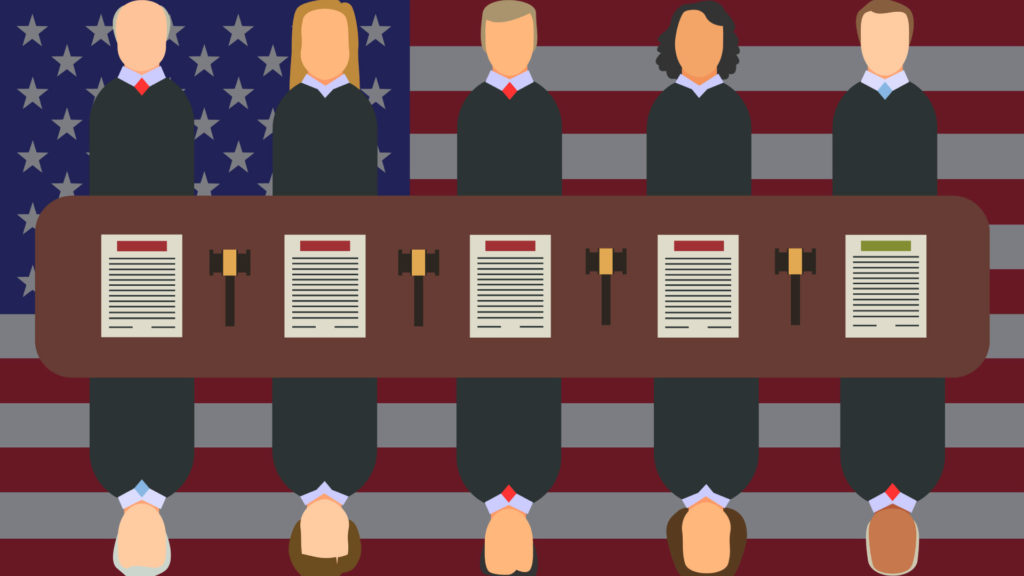Sex Offenders Should Be Held Accountable By The United States Court System
As citizens we like to believe that the United States court system is fair-minded and wise, and although that might be true in many cases, it doesn’t apply to all.
Especially since judicial decisions seem to be heavily influenced by a person’s race, gender and even their appearance.
Those biases have allowed for the criminal justice system to not take rape cases seriously, ultimately affecting the lives of sexual assault survivors.
In 2009, the heir to the du Pont family fortune Robert H. Richards IV was convicted of raping his three-year-old daughter. But because he might “not fare well” in prison, the judge deferred his eight-year sentence and simply placed him on probation.
Twenty-six-year-old bus driver, Shane Piche, pleaded guilty in 2019 to raping a 14-year-old student. He was sentenced to 10 years probation and ordered to register as a sex offender on the lowest tier.
But even those that do go to jail, tend to be freed before completing their sentence.
According to the Rape, Abuse & Incest National Network, only five out of 1,000 rapes result in a felony conviction.
Brock Turner, a former Stanford University student, was sentenced to six months in prison in 2016 for raping an unconscious woman behind a dumpster.
He was freed after serving half of his sentence.
During the Me Too Movement in 2015, more than 60 women accused Hollywood entertainer Bill Cosby of sexually assaulting them.
On June 30, Cosby was released from prison after the Pennsylvania Supreme Court overturned his 2018 conviction.
Those cases are examples of why most sexual assault victims don’t want to come forward.
Judges lack consistency when they let rapists walk free, but then sentence a homeless man to three to six years in prison for attempting to pay for toothpaste and food with a counterfeit $20 bill.
The system is unfair.
We understand that rape cases are complicated, but we should show everyone empathy.
Learn to interview victims, talk to suspects and start collecting more evidence instead of destroying it.
If you can’t solve a case, then assign an investigator who can.
Always keeping in mind French poet Victor Hugo’s words: “being good is easy, what is difficult is being just.”




